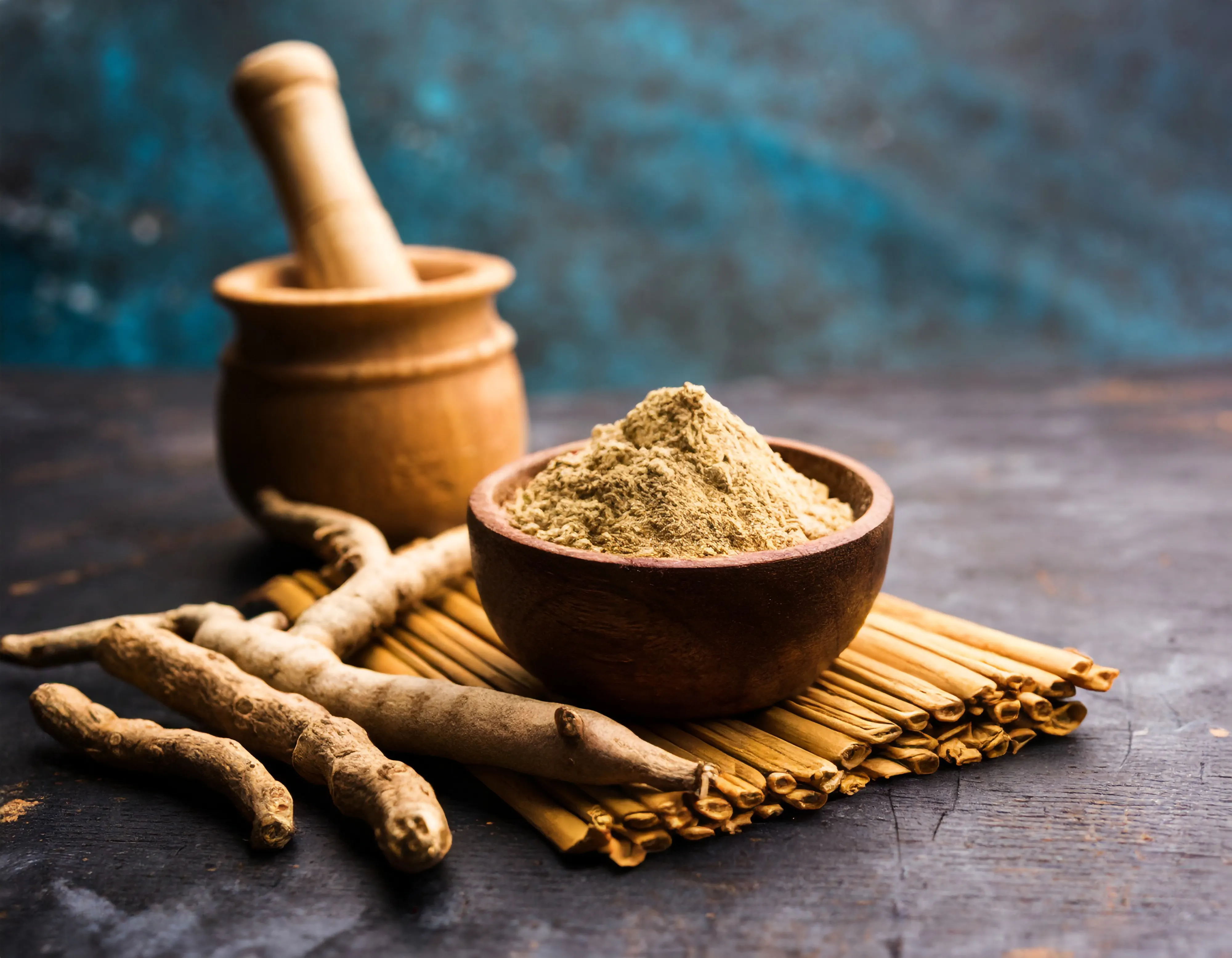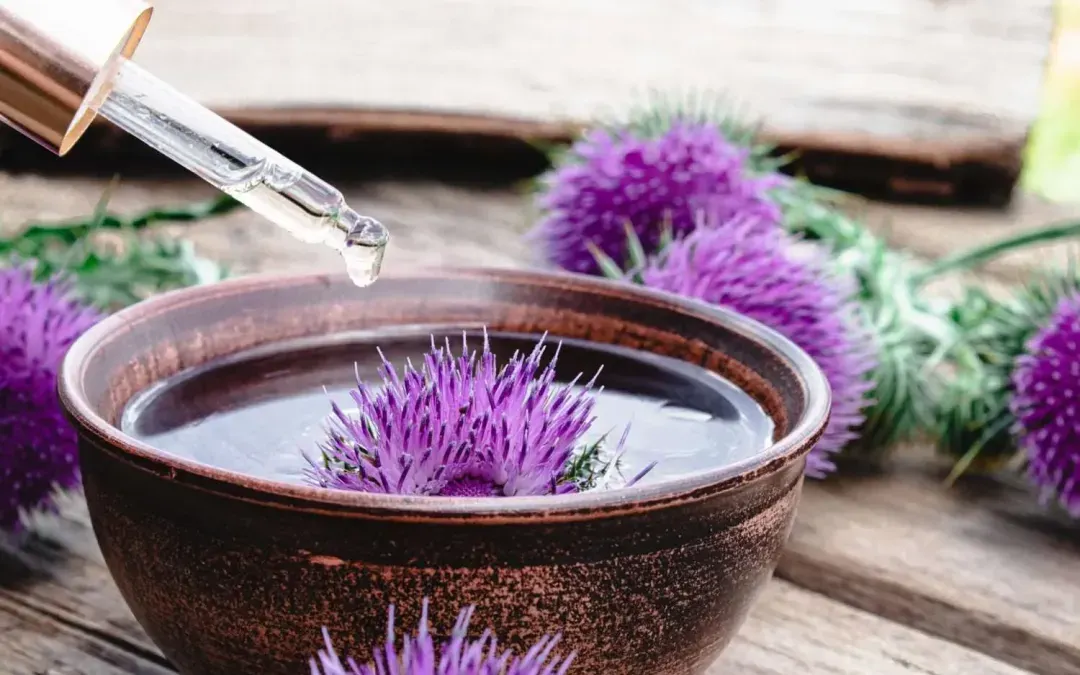Ashwagandha Potential for Healing Cancer

While conducting research into healing strategies that do not involve man made chemicals, pharmaceuticals etc., I noticed that researchers were looking at ashwagandha as a way to kill or slow cancer cells in vivo and in vitro.
Research suggests that compounds in ashwagandha may help combat certain types of cancer. While the exact mechanisms are still being studied, extracts from the herb have been shown to reduce cancer cell activity in several types of cancer, including breast, colon, prostate, ovarian, lung, and brain cancers in laboratory settings. It has also demonstrated similar effects in cancers of the thyroid, gastrointestinal system, cervix, and skin (melanoma). However, most of these studies have been conducted on cancer cells or in animal models, and their effectiveness in humans is yet to be confirmed.
Ashwagandha is generally considered safe to use alongside conventional cancer treatments, such as chemotherapy and radiation. Some experts suggest it may help alleviate certain side effects of these treatments, such as a weakened immune system.
Slow yoga is great for those who want to take a little more time and practice breathing
An Ancient Herb for Modern Health
Ashwagandha, scientifically known as Withania somnifera, is a powerful herb that has been used in traditional Indian Ayurvedic medicine for thousands of years. Often referred to as “Indian ginseng,” ashwagandha is native to Asia and Africa and has long been valued for its ability to promote overall wellness. Historically, it’s been used to ease pain and inflammation, boost nutrition, and treat insomnia, among other health conditions.
But what is it about this ancient herb that makes it so popular today? In addition to its traditional uses, ashwagandha has gained attention for its potential as an adaptogen—an herbal supplement that helps the body better manage stress. Research into the full scope of ashwagandha’s benefits is still ongoing, but early findings suggest it may be helpful for those dealing with stress, anxiety, and sleep disturbances.
Ashwagandha and Stress Relief
One of the most notable features of ashwagandha is its adaptogenic properties, which are believed to help the body adapt to various stressors, including physical, emotional, and environmental stress. This makes it an appealing natural option for people struggling with chronic stress or anxiety. While more research is needed to definitively confirm its efficacy, many individuals report feeling more balanced and calm after incorporating ashwagandha into their wellness routines.
Click to Learn More about Transformation Coaching
Ashwagandha and Cancer Research
Beyond stress management, ashwagandha has also shown promise in the realm of cancer research. Several studies have revealed that compounds in ashwagandha may help combat certain types of cancer. Although the precise mechanisms are still unclear, extracts from the herb appear to limit the activity of cancer cells in various cancers, such as breast, colon, prostate, ovarian, lung, and brain cancers, as well as cancers of the thyroid, gastrointestinal system, cervix, and skin (melanoma).
It’s important to note that most of this research has been conducted on cancer cells or animal models, and its effectiveness in humans has not yet been confirmed. Nonetheless, ashwagandha is generally considered safe to use alongside traditional cancer treatments like chemotherapy and radiation. Experts suggest that it may help alleviate some of the side effects of these treatments, such as immune suppression.
Ashwagandha Dosage
The appropriate dosage of ashwagandha can vary depending on individual needs and goals. There is no standard dose, but some studies indicate that the most effective dosages range between 500 and 600 milligrams per day. However, even lower doses—such as 120 milligrams daily—have been associated with positive effects. As with any supplement, it’s essential to consult with a healthcare professional to determine the right dosage for your specific situation.
Final Thoughts
Ashwagandha is a versatile herb with a rich history and promising potential in modern health care. Whether you’re looking for natural support in managing stress, improving sleep, or exploring complementary cancer treatments, ashwagandha might offer some benefits. While further research is necessary to fully understand its capabilities, the ancient wisdom behind its use continues to inspire many on their journey toward better health.
If you’re considering adding ashwagandha to your routine, start with a dose that aligns with your health goals and consult your doctor, especially if you’re managing a serious condition like cancer. The blend of ancient tradition and modern research makes ashwagandha a fascinating option for those seeking holistic wellness solutions.













